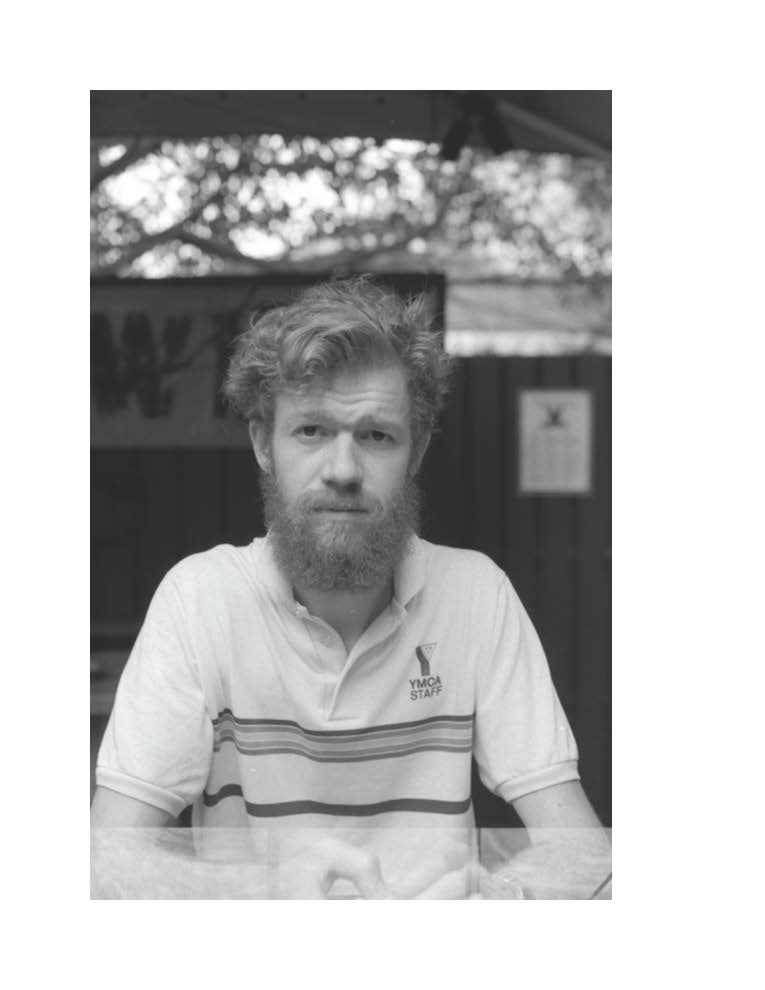
Biography:
Damien Bright is a PhD candidate in Anthropology. He holds an MA in anthropology (University of Chicago) and an MA in political science (Sciences Po Paris). Placing technoscience studies in conversation with the environmental humanities, his dissertation research develops a political anthropology of climate action. His ethnographic fieldwork was supported by the Orin Williams Grant and Leiffer Research Fellowship. Bright has been a fellow with the Arts, Science, & Culture Initiative, supervised BA students as a preceptor in Environmental and Urban Studies, and instructed courses in anthropology and social theory.
Dissertation:
What are the global oceans to us when the existence of their exemplary form of life, Australia’s Great Barrier Reef, is in doubt? Damien Bright investigates the field of ethical and moral struggled that the sciences of marine life rouse as they develop a controversial array of environmental interventions in the name of global heating. Faced with a horizon of mass extinction, science-based environmentalisms are developing so-called “life support systems” for “The Reef.” These aim at permanently altering coral reef ecologies, hence the known oceans and our relationship to them. The promise to make an engineering virtue of ecological necessity turns the marine sciences into an exercise in planetary salvage and, therefore, turns life’s limits into the foundations for a new kind of know-how. Bright asks: how do scientific and parascientific actors fashion themselves as ethical actors vis-à-vis mass extinction, and what political and moral stakes arise when marine life becomes a matter of permanent experimentation? His research examines endangerment as both obstacle to and operative feature of the modern project, by interrogating a new kind of know-how that takes up mass extinction not as a limit of but a ground truth against which to repeatedly test—practically and ethically—its own abilities.
 THE UNIVERSITY OF CHICAGO
THE UNIVERSITY OF CHICAGO

